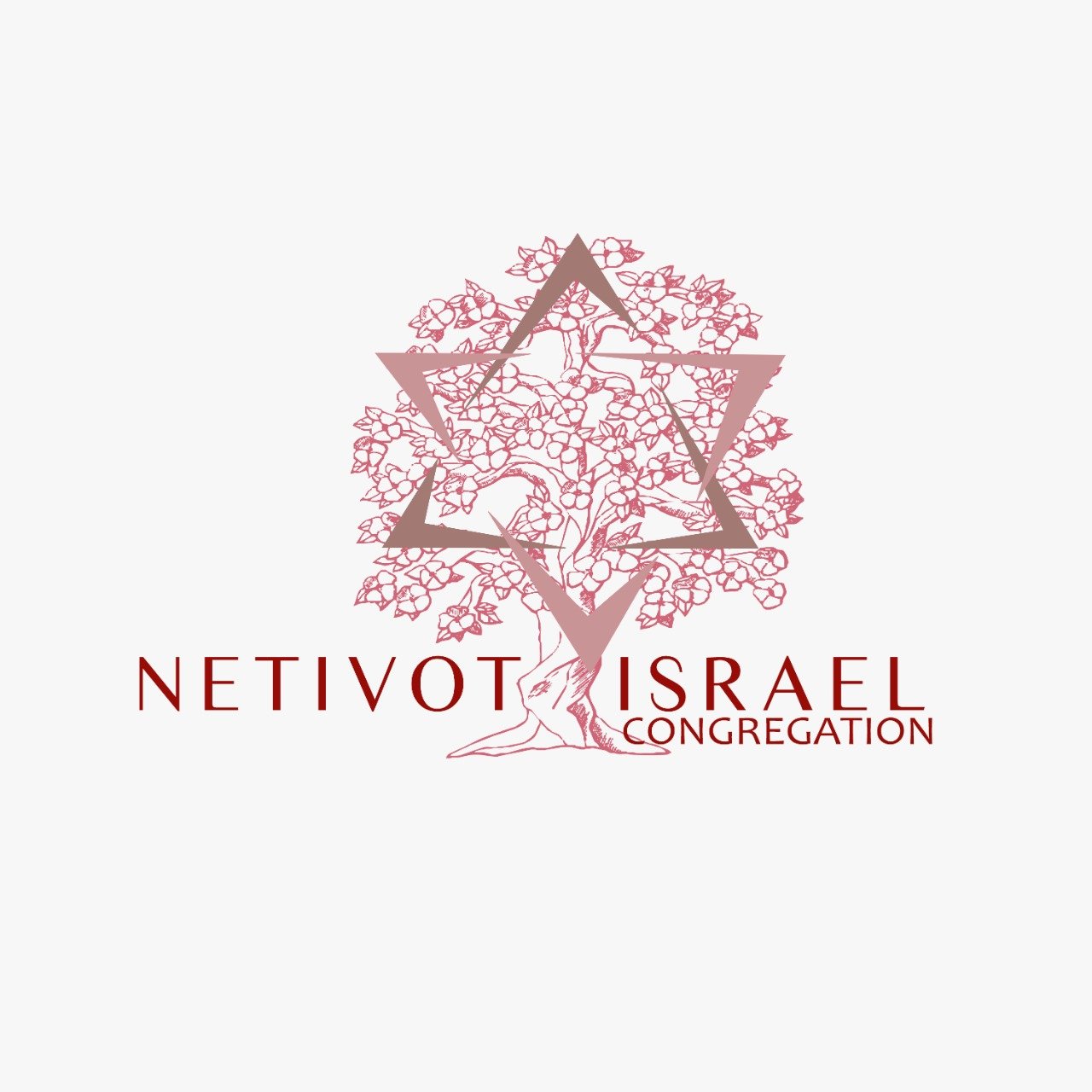Tetzaveh
Ki Ner Mitzva v’Torah Or
The Light of Torah
Parashat Tetzaveh begins with the command to light the menorah in the Mishkan with
pure olive oil. This seems incongruous. Parashat Teruma describes the creation of the
Mishkan and its various keilim. Parashat Tetzaveh continues by describing the Bigdey
Kehuna. Why, in between, does the Torah place the command to light the menorah? 1
The answer may be that the lights of the menorah represent the light of Torah. By
inserting this mitzvah amid the command to craft the mishkan and the vestments of its
kohanim the Torah alludes to the important role of Torah in the establishment of the
Mishkan.
A Light in a Dark Room
The passuk states in Sefer Yirmiyah: “Zayit ra’anan, yefe pri to’ar, kara Hashem shemecha
- Hashem named you, ‘Verdant olive tree, fair with choice fruit’.” The Medrash
comments:
Alternatively: Verdant olive tree - see how words of Torah light up a man when
he is occupied with them. Anybody who does not occupy [himself with them] and
does not know [them] - stumbles.
In other words, when man is occupied in Torah study he is guarded from sin. When he is
not, he stumbles and sins. The Medrash continues:
He may be a compared to one standing in dark room. If he tries to walk he
encounters a stone and stumbles over it. If he encounters a cistern or pit, he falls
into it and hits his face on the ground. Why? Because he did not have a candle in
his hand. So is an unlearned person who does not have words of Torah in his
hand. If he finds a sin - he stumbles over it and dies. For so did the holy One state:
“He will die without mussar”. “Mussar” only refers to Torah, as the passuk states:
“Hold fast to mussar, do not weaken your grasp.” Why does he die? Because he
does not know Torah and he will proceed and sin, as the passuk states: “The way
of the wicked is in darkness - they do not know over what they will stumble.”
But those who occupy themselves with Torah - every place is illuminated for
them. This may be compared to one standing in darkness with a candle in his
hand. He encounters a stone and does not stumble over it. He sees a cistern and
1 Though the Torah is not written in chronological order - “Ein mukdam u’m’e’uchar baTorah”, there is
always an explanation of the order it chooses to employ.
does not fall. Why? Because he has a candle in his hand, as the passuk states:
“Your words are a candle for my feet, light for my path.”
In our generation we live in darkness. We therefore have urgent need for Hashem’s light
- the light of Torah and His candle - the candle of mitzvos, as the passuk states: “Ki ner
mitzvah v’Torah or”.
A Resting Place for the Divine Presence
How we may understand why the Torah inserts the mitzvah of lighting the menorah
amid the commands to build the Mishkan. The purpose of the Mishkan was to bring
about Hashra’at haShechina - resting of the Divine presence. This is not possible without
dedication to Torah, for without that, sin is forthcoming, driving away the Shechina. The
light of the menorah represents the light of Torah that illuminates man’s path and saves
him from sin. In the words of Chazal elsewhere: “An unlearned person cannot be pious.”
We should add that Torah only serves to illuminate a person’s path if he truly
internalizes it. We must, therefore, ensure that our Torah is not superficial - it must not
remain simply in our discussions, but in the deep recesses of our hearts and minds.
Then it will illuminate our way.
Da’at Torah
The Vilna Gaon famously related that when a person is in doubt as to which path he
should take, he should sit and learn Torah lishmah (Some say this means at least two
hours’ worth of learning.) Immediately after that, the first assumption he makes is
“da’at Torah - the product of Torah wisdom”, and resolves his doubt.
This is an extraordinary concept. After learning Torah lishma a person merits “da’at
Torah” - his mind is transformed.
In the final 24 hours of the period of Shovevim let us hold fast to the light of Torah
lishma and allow it to illuminate our path. May we merit that this avails us of a complete
atonement and allows us to enter the festivities of Adar with great joy.
Shabbat Shalom
Rabbi Gad Bouskila

